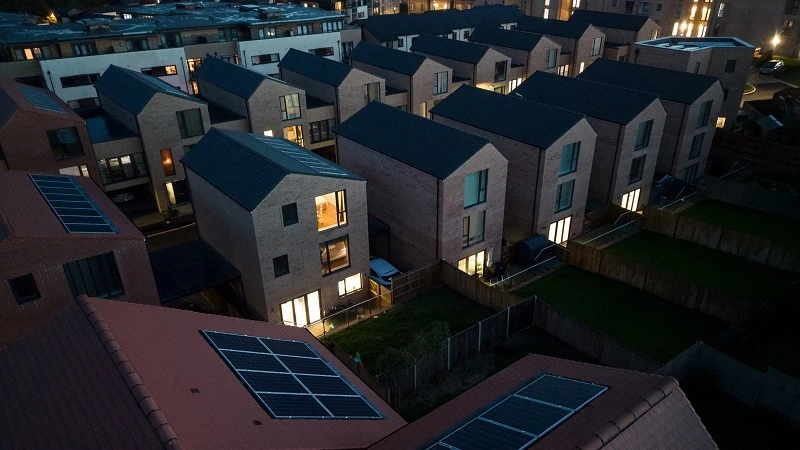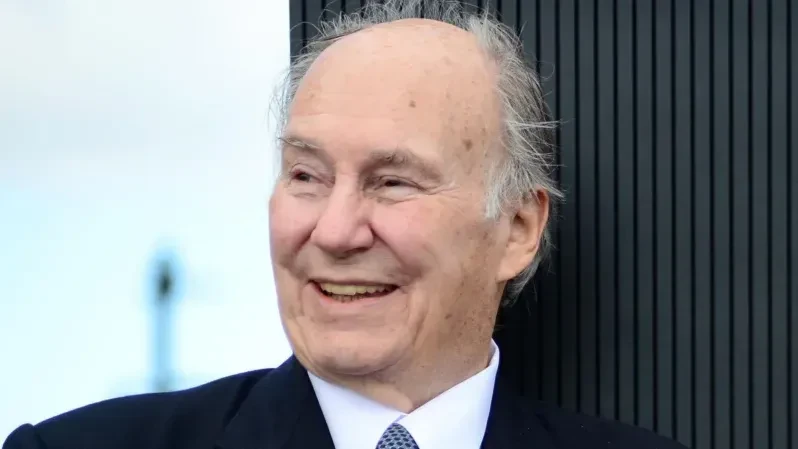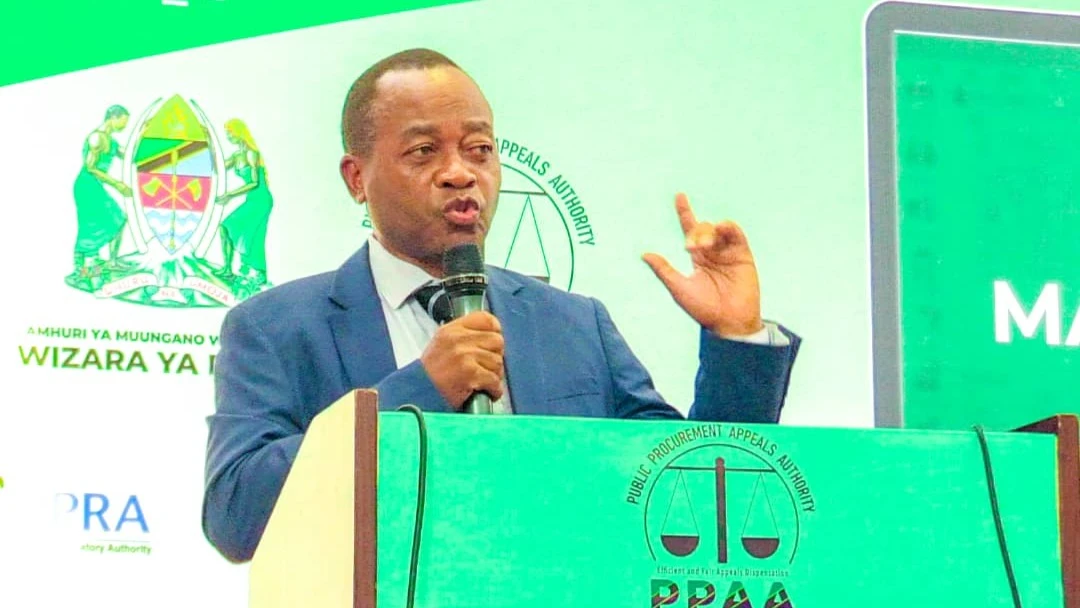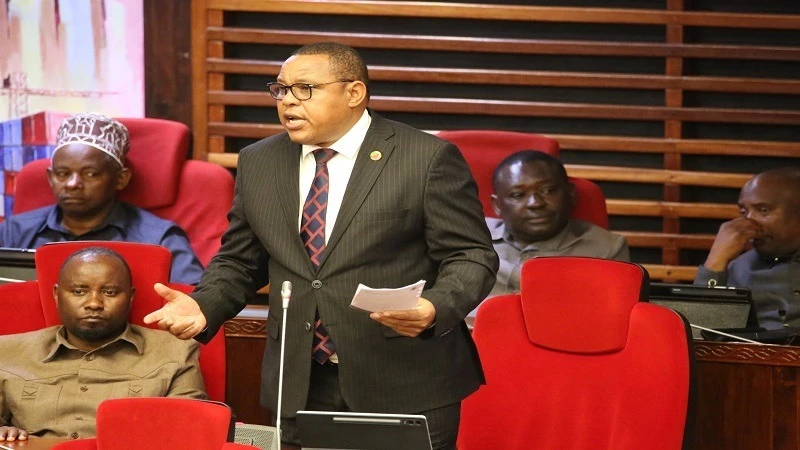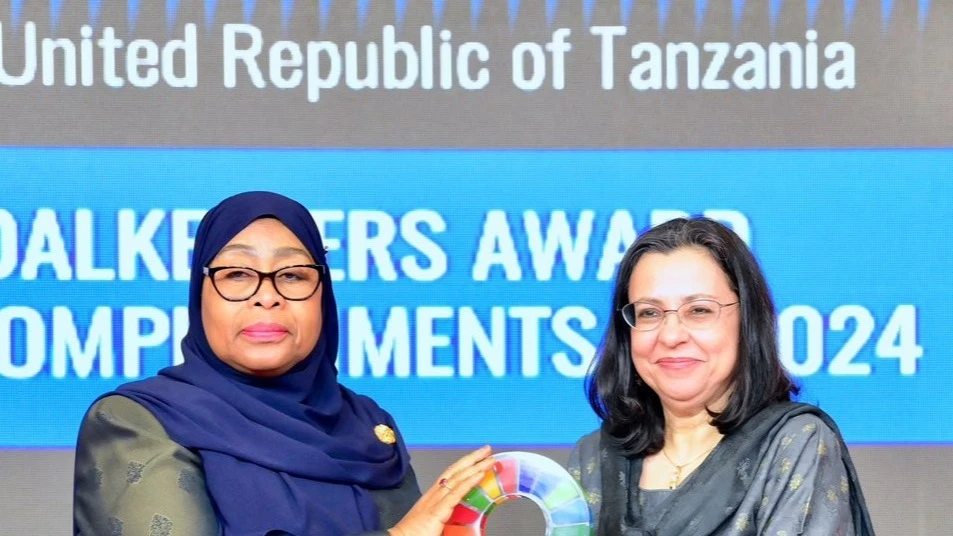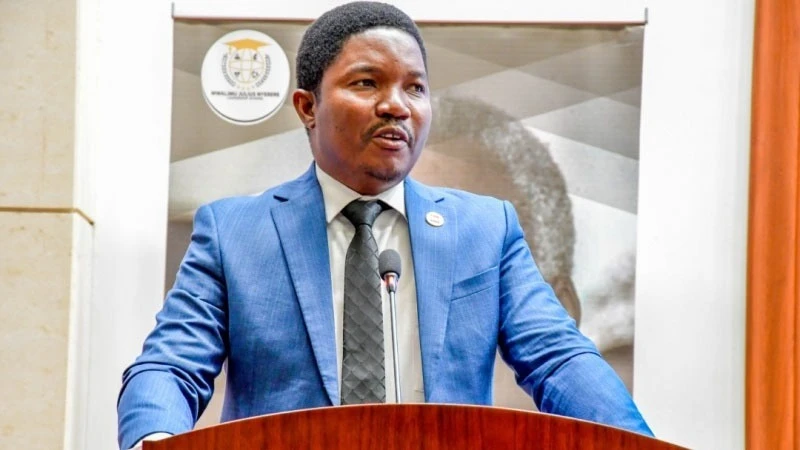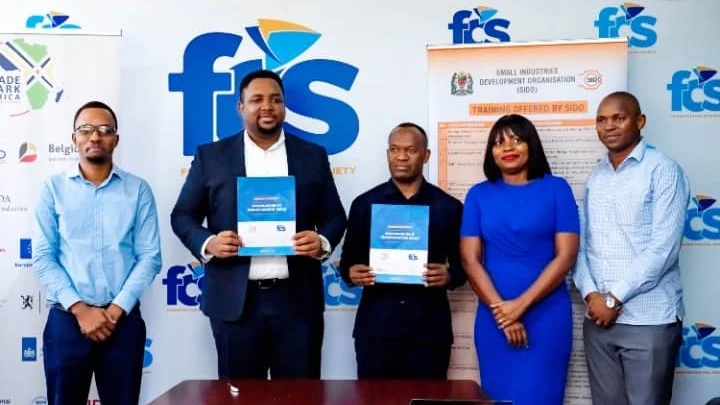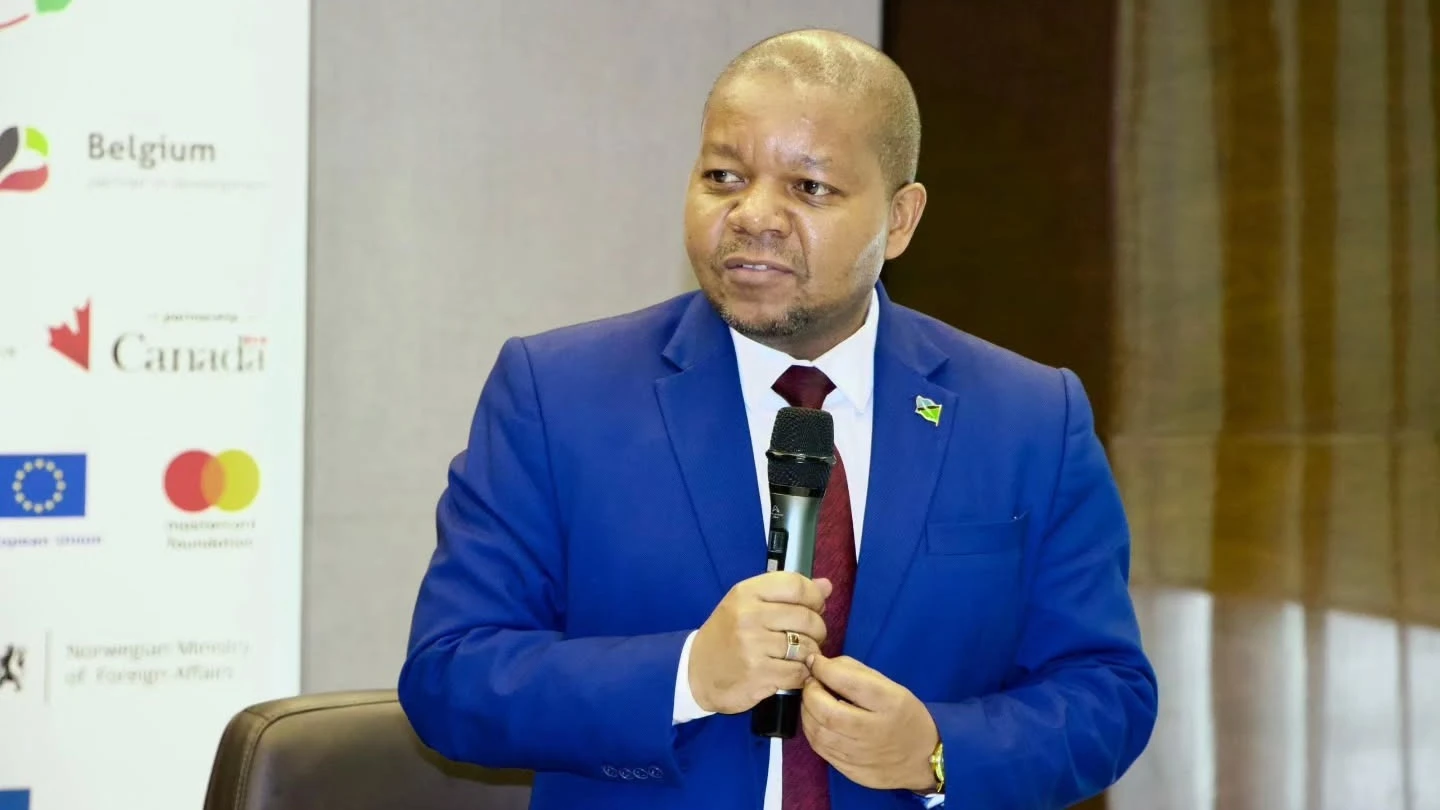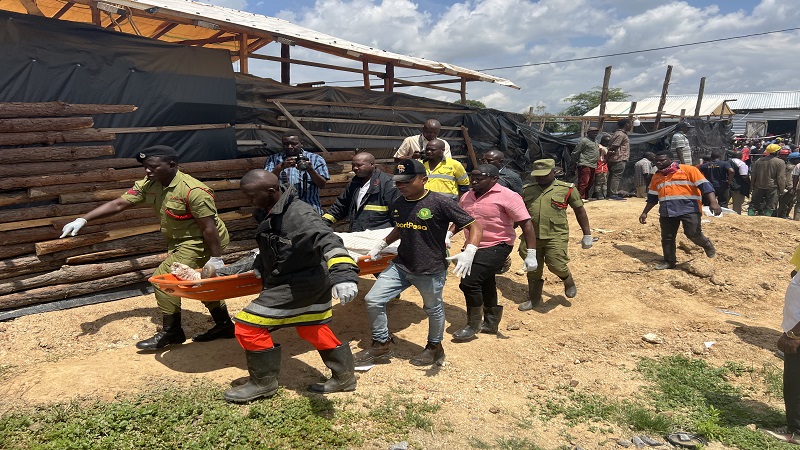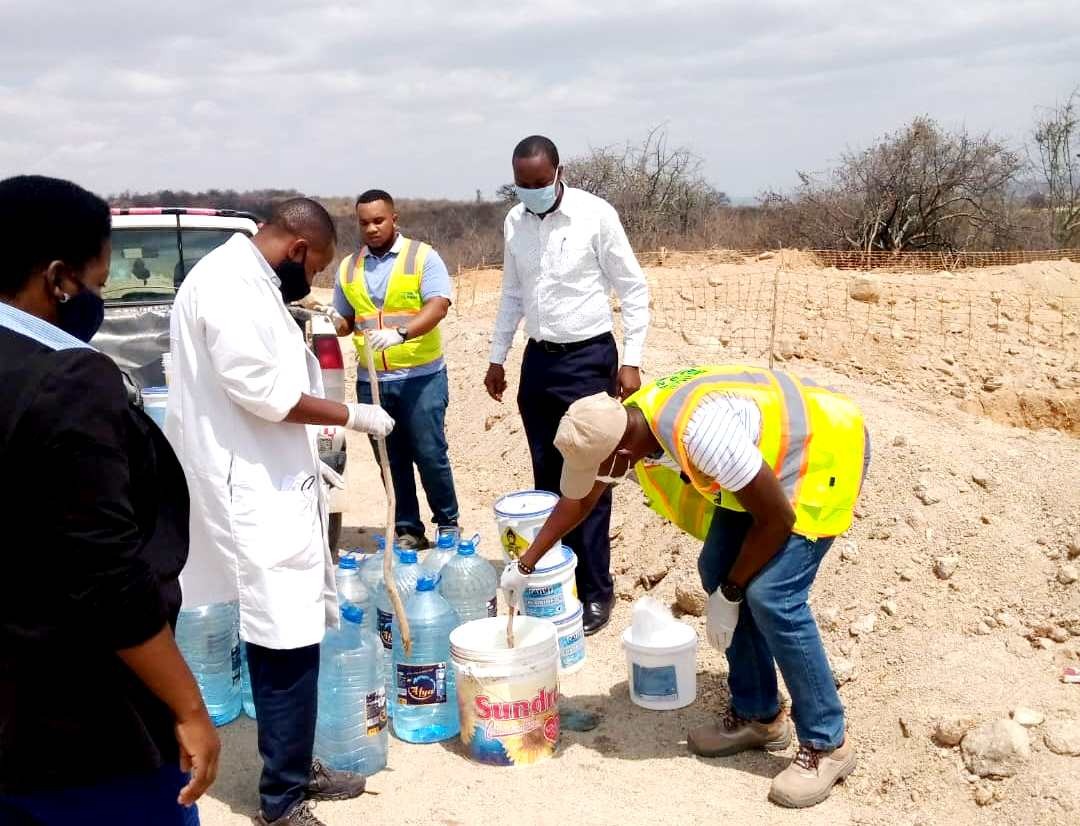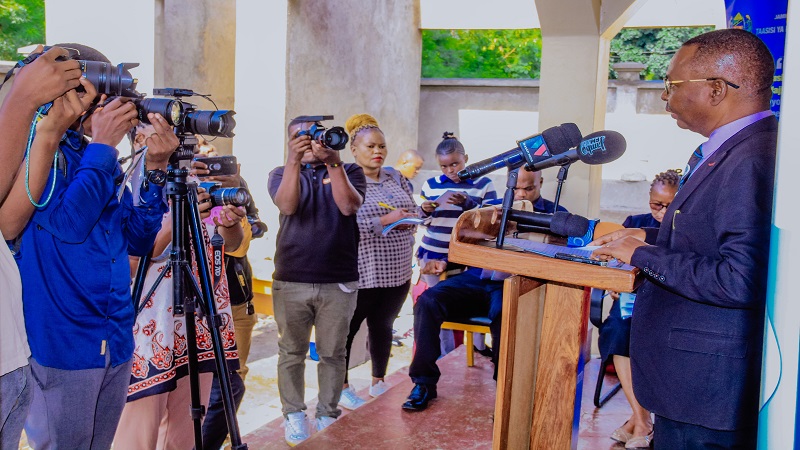‘Africans deserve compensations for colonial injustices, suffering’
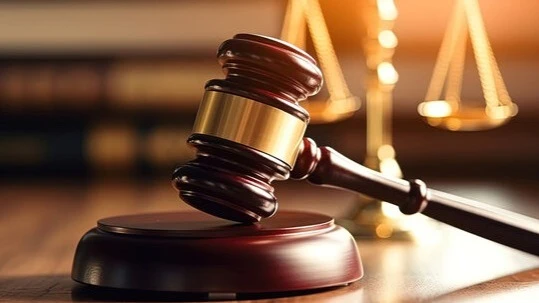
THE African Court on Human and People’s Rights has embarked on a mission to ensure that people who were victims of atrocities during colonial days in the continent are compensated.
President of Cape Verde, Jose Maria Neves, pointed out that the outrages suffered by the African countries are almost the same, therefore all states need to unite together and demand reparation from the former colonial masters.
Neves spoke during the official opening of the 2025 Judicial Year at the Arusha-based African Court on Human and People’s Rights.
“Compensation can also be delivered in the form of provision of education which can heal wounds though on the other hand, monetary and property reparation may also help to address resulting problems from the unfair treatment that our forefathers experienced during the dark days,” he said.
Advocate Fulgence Masawe, Director of advocacy and reforms at Legal and Human Rights Centre (LHRC), said it was high time for African countries to demand their rightful reimbursement from the colonial era’s sufferings and lootings.
“Foreign nations looted plenty of resources and cultural artefacts, from Africa, forced to pay head taxes, as well as killing maiming plus taking skulls and limbs of ancestors to their countries,” he stated.
It was reminded that Kenya suffered during colonial era through the British attacks on Mau Mau freedom fighters, Tanzania experienced atrocities from Germans during Maji-Maji uprising as well as the struggle of freedom in Iringa led by Chief Mkwawa.
The lawyer pointed out that West African countries are still scarred by the effects of transatlantic slave trade, while South African resident suffered the upshot of apartheid incidents.
“Payments or restorative justice should not necessarily comprise goods of value, even admitting the mistakes, issuing apology and affirmations that such incidents shall never be repeated again,” pointed out lawyer Massawe.
Judges of the African Court in Arusha hosted their counterparts from national, regional, and international courts during the official ceremony held in Arusha.
President of the African Court, Lady Justice Imani Daud Aboud said despite the Court’s establishment as a beacon of hope for victims of human rights violations, statistics indicate that twenty years after the adoption of the Protocol, only 34 of the 55 member states of the African Union are parties to the protocol.
Attending the event were representatives of the African Union (AU) member states, National Focal Points for the Court designated by the AU member states, and representatives of the AU organs and institutions.
Among the activities include discussions of advancing justice through amendments, with focus on women’s reparations, a theme that tallies with that of the African Union: Justice for Africans and People of African Descent through Reparations.
Top Headlines
© 2025 IPPMEDIA.COM. ALL RIGHTS RESERVED








